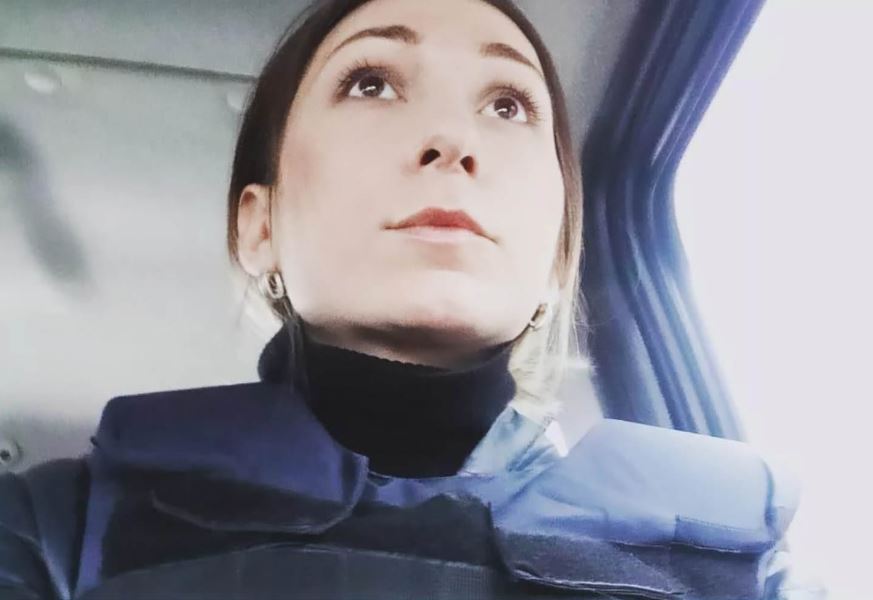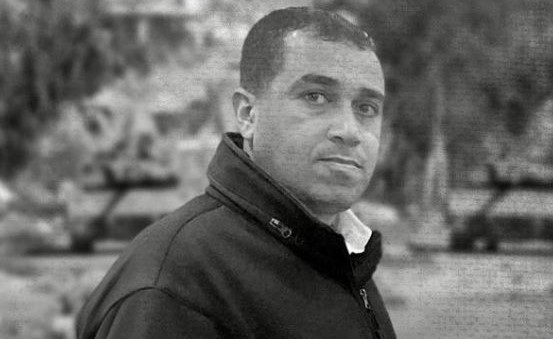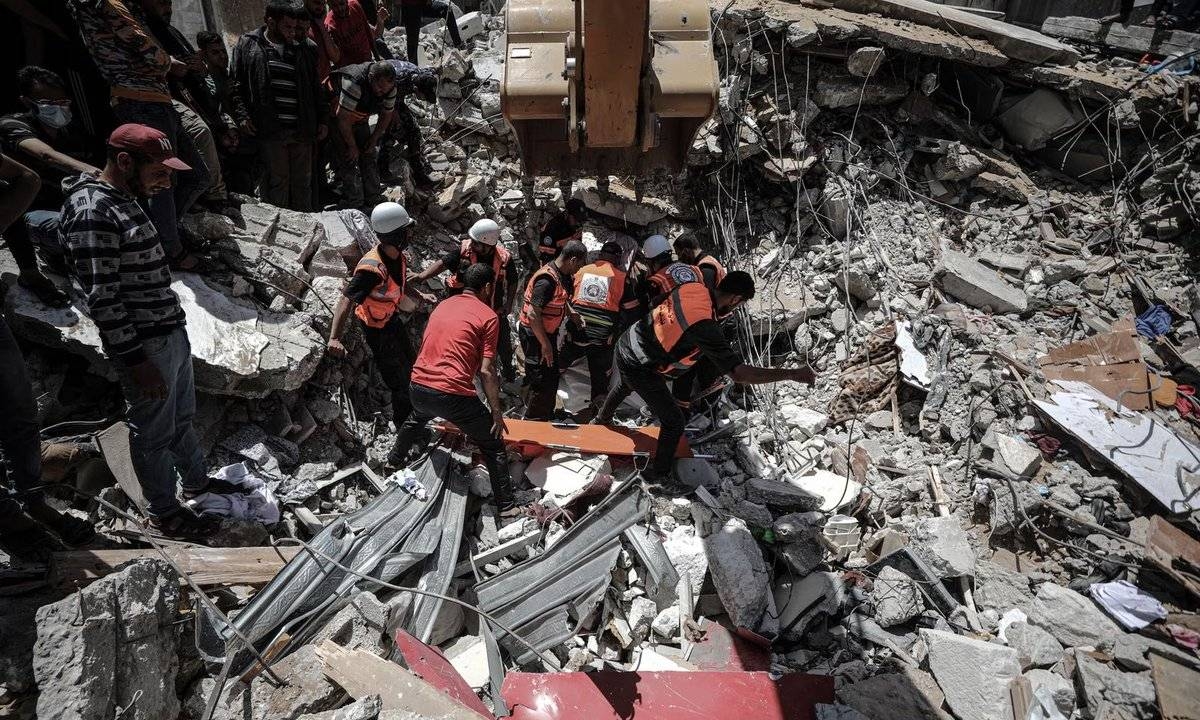
Brutal Silence: The Death of Ukrainian Journalist Viktoriia Roshchyna in Russian Custody
October 14, 2024
Death of Photojournalist Ayman Ruwaished Underscores Gaza’s Escalating Toll on Reporters
October 14, 2024October 14, 2024 – Iran –
Tehran’s judicial authorities upheld five-year prison sentences for journalists Niloofar Hamedi and Elaheh Mohammadi, marking a severe escalation in Iran’s campaign against press freedom following the Mahsa Amini protests. Both had initially received lengthy terms—Hamedi was handed seven years and Mohammadi six—for alleged charges including collaboration with a foreign government, propaganda against the state, and assembly against national security. Appeals courts later cleared them of the collaboration charge but maintained convictions on national security and propaganda accusations, capping their sentences at five years each.
Both journalists were first arrested in September 2022 after Hamedi broke the story of Amini’s death in police custody and Mohammadi reported from Amini’s funeral. Their work ignited national and international headlines, contributing to the widespread “Woman, Life, Freedom” protests. Their arrests followed state-run claims accusing them of facilitating foreign interference and undermining national security.
In January 2024, after roughly 16–17 months in Evin prison, the two were released on bail—€400,000 each—and temporarily freed pending appeal. Appeals courts in August 2024 affirmed only the charges related to security and propaganda, striking down charges of foreign collaboration. Following appeals, the Tehran Prosecutor in October summoned Hamedi to serve her five-year term.
In February 2025, Supreme Leader Ali Khamenei issued a formal pardon, clearing all remaining charges and effectively ending the legal proceedings. While the pardon brings temporary relief, critics emphasize that Iran’s use of nebulous security laws continues to threaten journalism. Reporters Without Borders decried the summons as a “judicial farce” and urged the judiciary to permanently close the case .
Despite international awards—including the UNESCO World Press Freedom Prize and inclusion in Time’s 100—these convictions dramatize the precarious state of independent reporting in Iran. Hamedi and Mohammadi’s persecution for covering Amini’s death illustrates how national security and propaganda laws are leveraged to crush dissent. Their eventual pardon is welcome, yet unless these repressive legal tools are abolished, the atmosphere of fear continues to suffocate free expression in Iran.
Reference –
Iran: Journalists who covered Mahsa Amini’s death sentenced to prison




